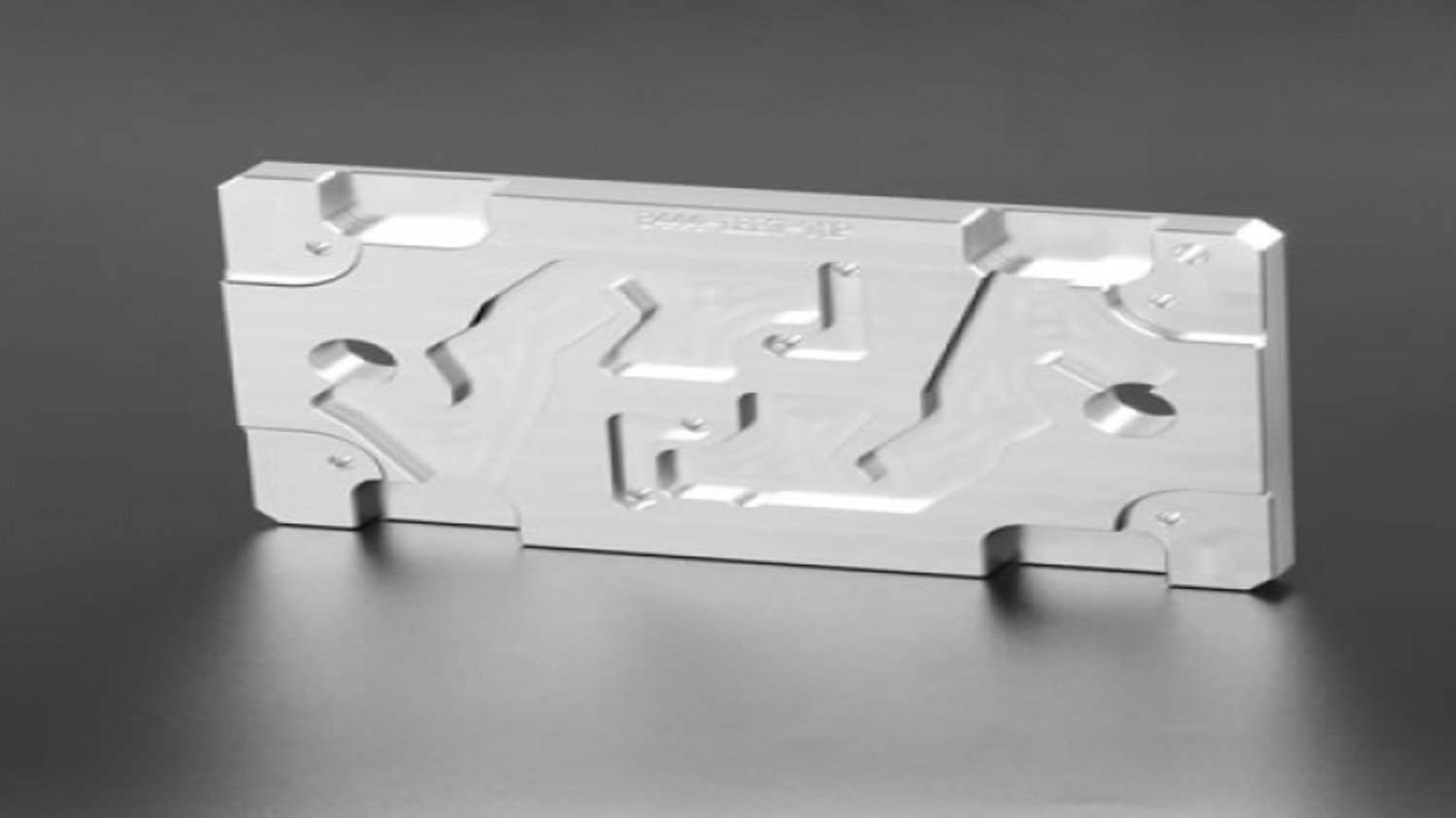The World of CNC Turning and Precision Machining
If you're involved in the manufacturing world, you've likely heard the term "CNC turning." Also known as "precision turning," it's a machining process that's widely used to create custom parts and components for everything from electronics to construction equipment. In this article, we'll dive into the basics of CNC turning and its many applications.
What is CNC Turning?
CNC turning is a machining process that uses computer-controlled machines to remove material from a workpiece. The machine holds the workpiece in place while a cutting tool rotates and removes material to create the desired shape. The process is "computer numerical controlled," meaning that a computer program controls the movement and speed of the machines, ensuring precise and repeatable results.
How Does CNC Turning Work?
The basic process of CNC turning involves a few key steps. First, the workpiece is loaded into the machine and secured in place. Next, the cutting tool is mounted and positioned relative to the workpiece. The machine is then programmed with the specific parameters for the job, including information about the desired dimensions, material type, and cutting speed. The program is executed, and the machine goes to work, spinning the material while the cutting tool removes material to create the desired shape.
The Advantages of CNC Turning
One of the main advantages of CNC turning is its precision. Because it's controlled by a computer program, the process can be extremely precise, with tolerances of just a few thousandths of an inch. This makes it ideal for creating custom parts that need to fit precisely with other components. CNC turning is also highly efficient, allowing for the creation of complex parts in a relatively short amount of time.
Applications of CNC Turning
CNC turning is used in a wide variety of industries and applications. It can be used to create parts for electronics, aerospace, automotive, and even medical devices. It's particularly well-suited for creating custom parts with complex geometries, such as gears or turbine blades. Because it's so precise, CNC turning is also often used in industries where quality control is critical, such as the aerospace or healthcare industries.
The Future of CNC Turning
The field of CNC turning is continuously evolving, with new technologies and techniques being developed all the time. For example, some newer machines use multiple cutting tools simultaneously, allowing for even greater efficiency and precision. As technology continues to improve, it's likely that CNC turning will become even more versatile and widely used.
Factors to Consider When Choosing a CNC Turning Service
If you need to have parts or components created using CNC turning, there are several factors to consider when choosing a service provider. First and foremost, you want to look for a provider with a good reputation for quality and precision. You'll also want to consider factors like turnaround time, cost, and the range of materials and geometries that the provider can work with.
Common Materials Used in CNC Turning
CNC turning can be used with a wide range of materials, including aluminum, stainless steel, brass, and titanium. The choice of material will depend on the specific application and desired properties, such as strength, weight, or corrosion resistance. It's important to choose a provider who has experience working with the materials needed for your project.
CNC Turning vs. Other Machining Processes
There are several other machining processes that can be used to create custom parts and components, such as milling and drilling. CNC turning is particularly well-suited for creating cylindrical parts, while other processes may be better for more complex geometries or larger parts. The choice of machining process will depend on the specific application and requirements of the project.
The Importance of Quality Control in CNC Turning
Because CNC turning is often used in industries where quality control is critical, such as aerospace or healthcare, it's important to have rigorous quality control processes in place. This includes inspections throughout the manufacturing process to ensure that the parts are meeting the required specifications. A reputable CNC turning service should have robust quality control processes in place.

